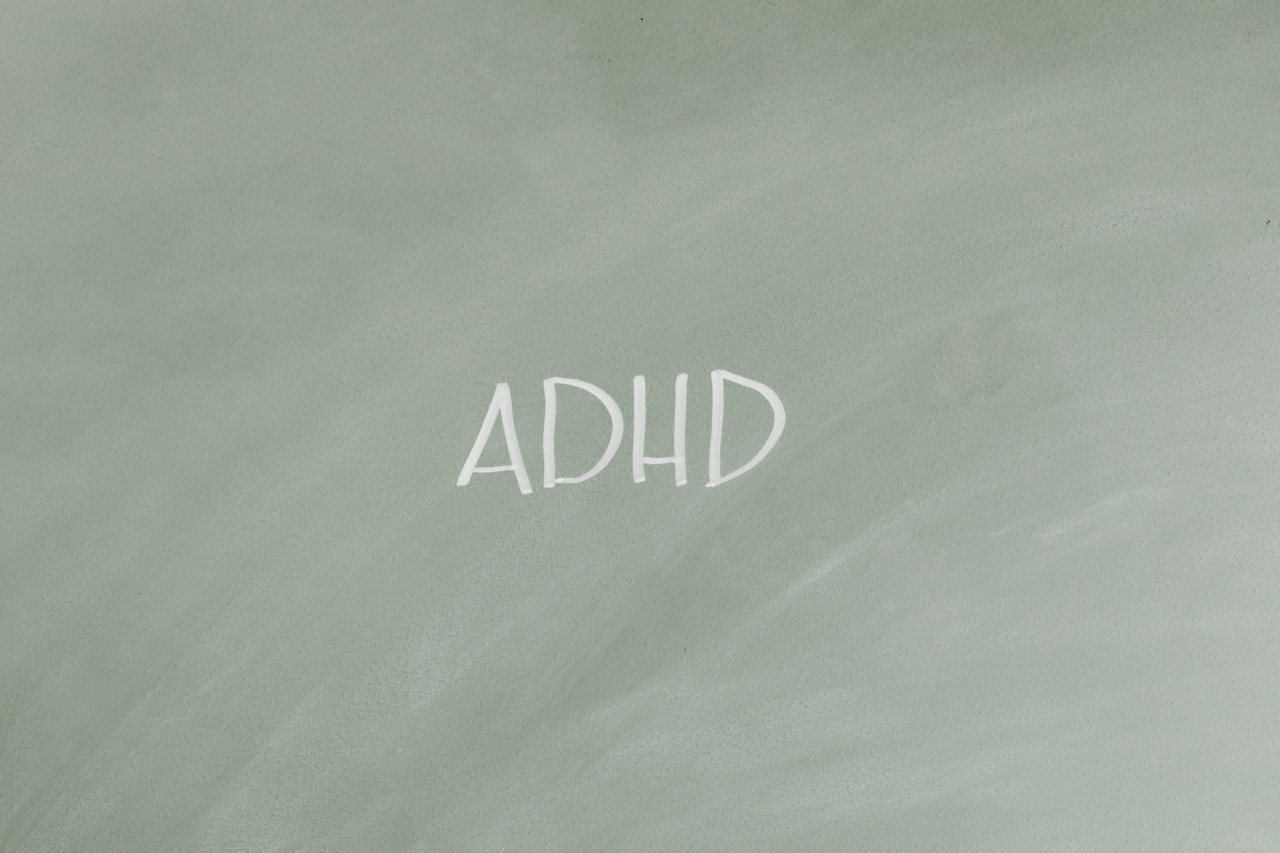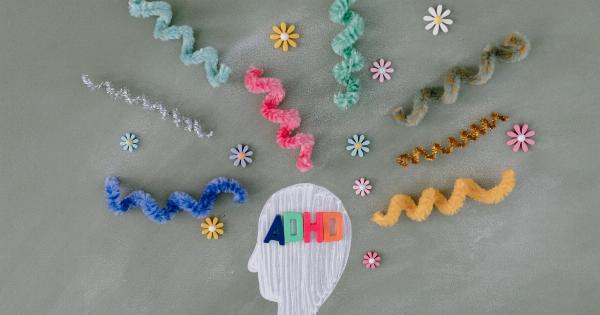Attention deficit hyperactivity disorder (ADHD) is a neurodevelopmental disorder that affects both children and adults. The condition is characterized by a persistent pattern of inattention, impulsivity, and hyperactivity.
Despite being recognized by the American Psychiatric Association (APA) and the World Health Organization (WHO) as a legitimate disorder, some people still question whether ADHD is a real disorder or not.
What is ADHD?
ADHD is a disorder that affects the executive functions of the brain, which include the ability to focus, organize, and prioritize tasks. It is typically diagnosed in childhood, but many adults also experience symptoms of ADHD.
Symptoms of ADHD can include:.
- Inattention
- Hyperactivity
- Impulsivity
- Difficulty with organization and prioritization
- Messiness and forgetfulness
- Frequent distraction
- Difficulty with following instructions or completing tasks
Arguments Against ADHD
Some argue that ADHD is not a real disorder, and that it is simply a way for pharmaceutical companies to make money by selling medications like Ritalin and Adderall.
Others contend that ADHD is simply a result of poor parenting, too much technology use, or just a lack of discipline.
While there are certainly cases of misdiagnosis, most experts agree that ADHD is a legitimate disorder that affects millions of people around the world. There is also plenty of scientific research that supports the idea that ADHD is a real disorder.
Scientific Evidence
There have been thousands of studies conducted on ADHD, and many have found that the disorder is associated with differences in brain structure and function.
For example, researchers have found that people with ADHD have a smaller prefrontal cortex, which is responsible for executive functions like impulsivity and decision-making.
Other studies have found that people with ADHD have different levels of neurotransmitters like dopamine, which is responsible for pleasure and attention.
These differences in brain structure and activity suggest that ADHD is a real disorder with biological roots.
ADHD in Children
Children with ADHD often struggle in school, have difficulty making friends, and may feel misunderstood or out of place. These challenges can have a significant impact on their self-esteem and sense of identity.
Some children with ADHD may also struggle with depression or anxiety as a result of their difficulties.
Many children with ADHD benefit from treatment, which may include medication, therapy, and lifestyle changes. However, it is important to note that treatment should be individualized and tailored to the child’s specific needs.
ADHD in Adults
While ADHD is often thought of as a disorder that only affects children, research has shown that many adults also experience symptoms of ADHD.
Adults with ADHD may struggle with time management, organization, and impulsivity, which can make it difficult to succeed at work or maintain healthy relationships.
Fortunately, there are treatments available for adults, including medication, therapy, and lifestyle changes. Seeking treatment can help adults with ADHD improve their symptoms and lead more fulfilling lives.
In Conclusion
Despite some skepticism, the overwhelming scientific evidence suggests that ADHD is a real disorder with biological roots.
While there is certainly room for improvement in terms of diagnosis and treatment, it is clear that ADHD is a legitimate condition that affects millions of people worldwide.




























